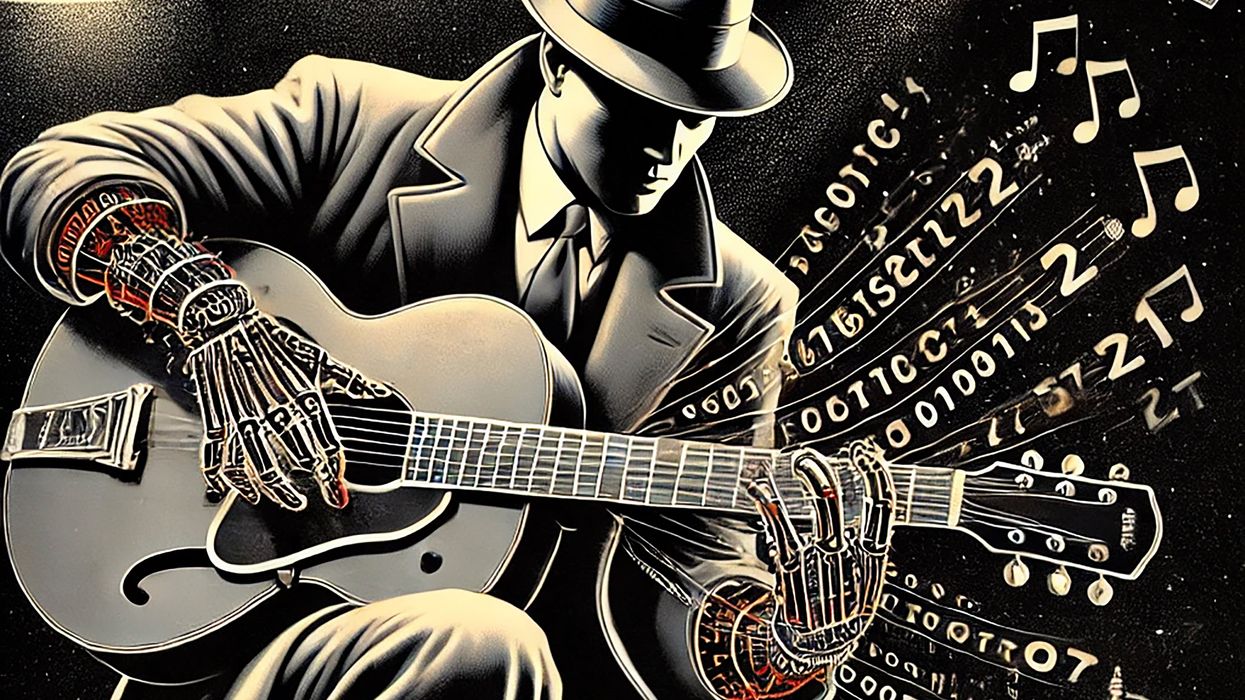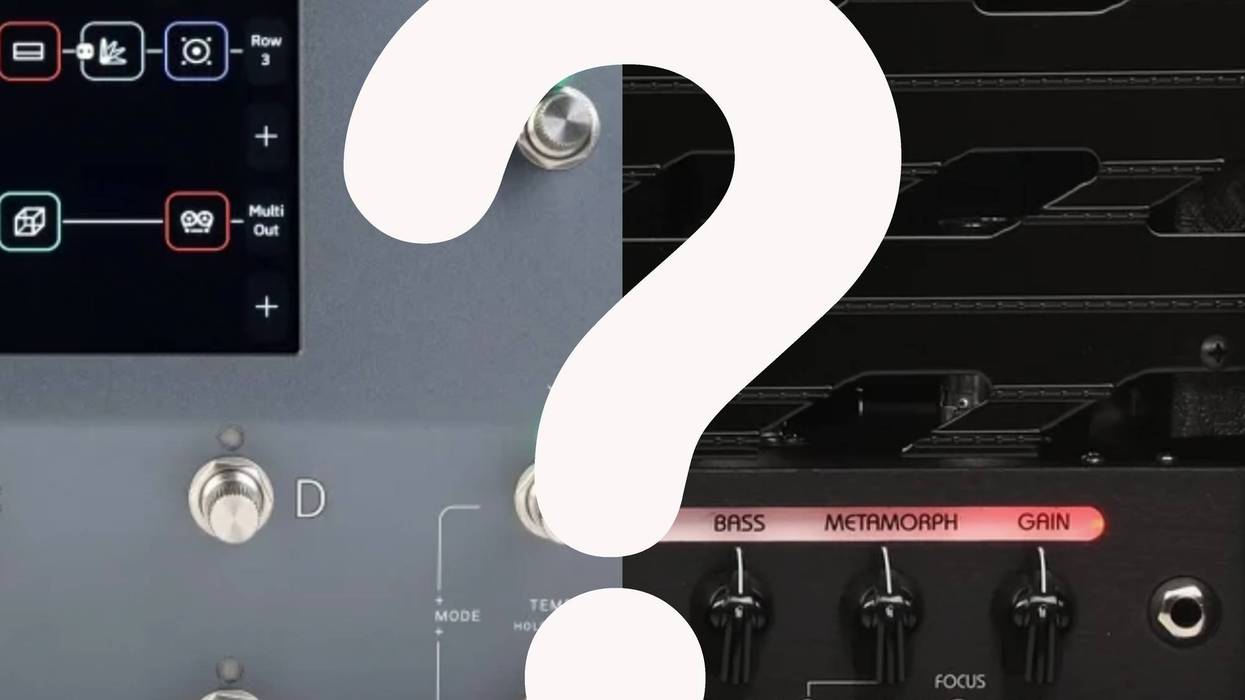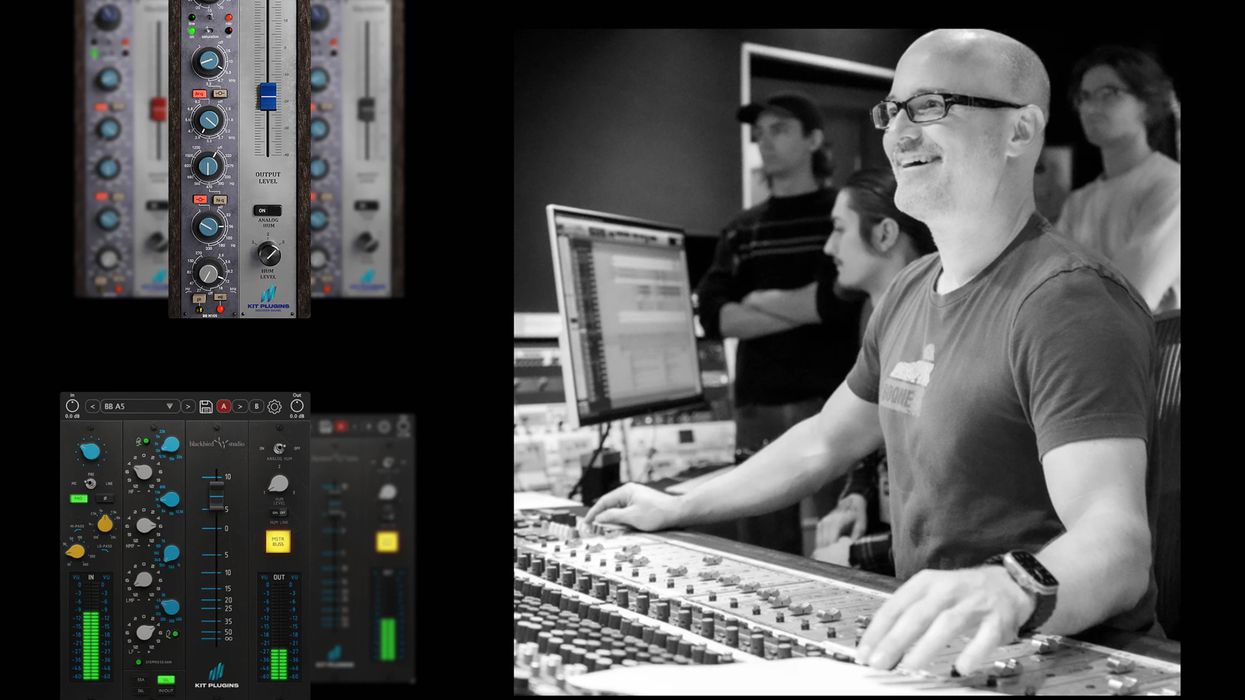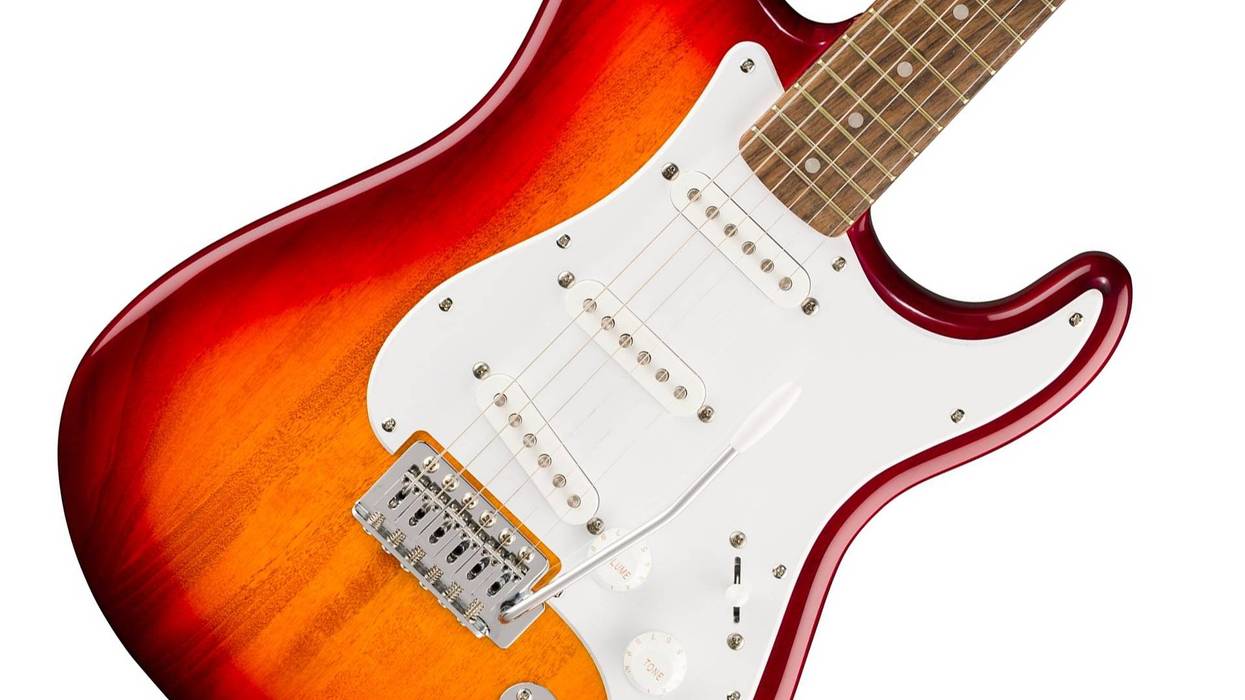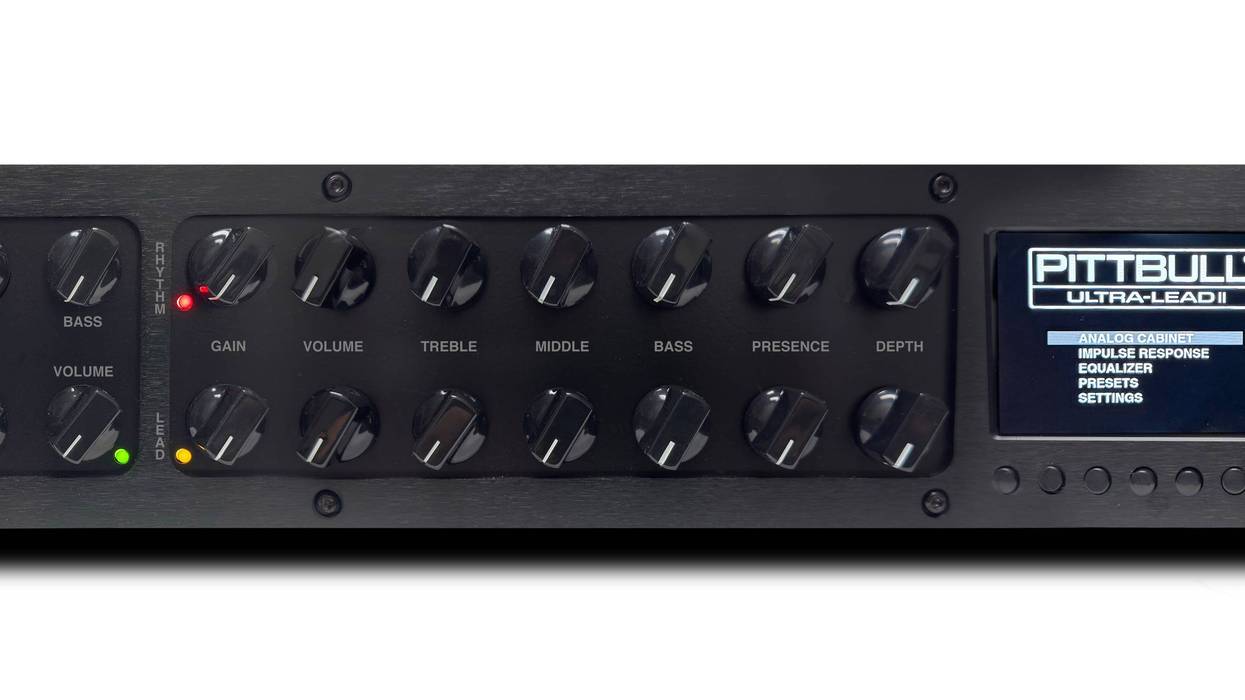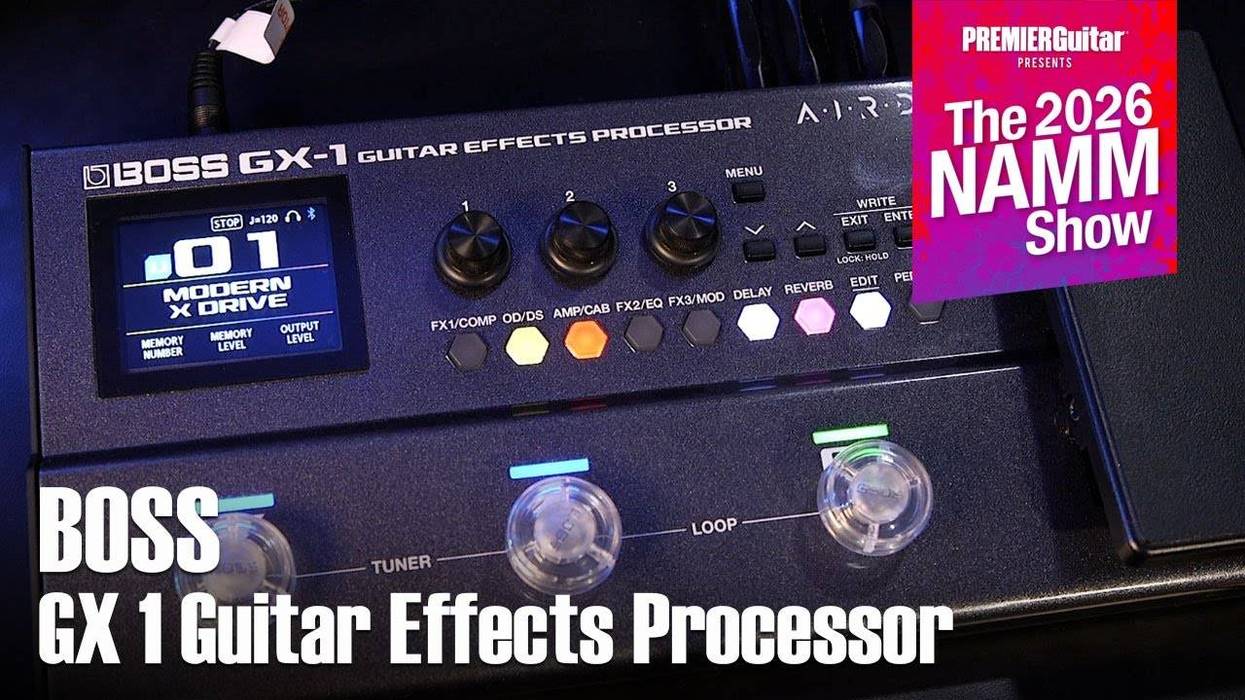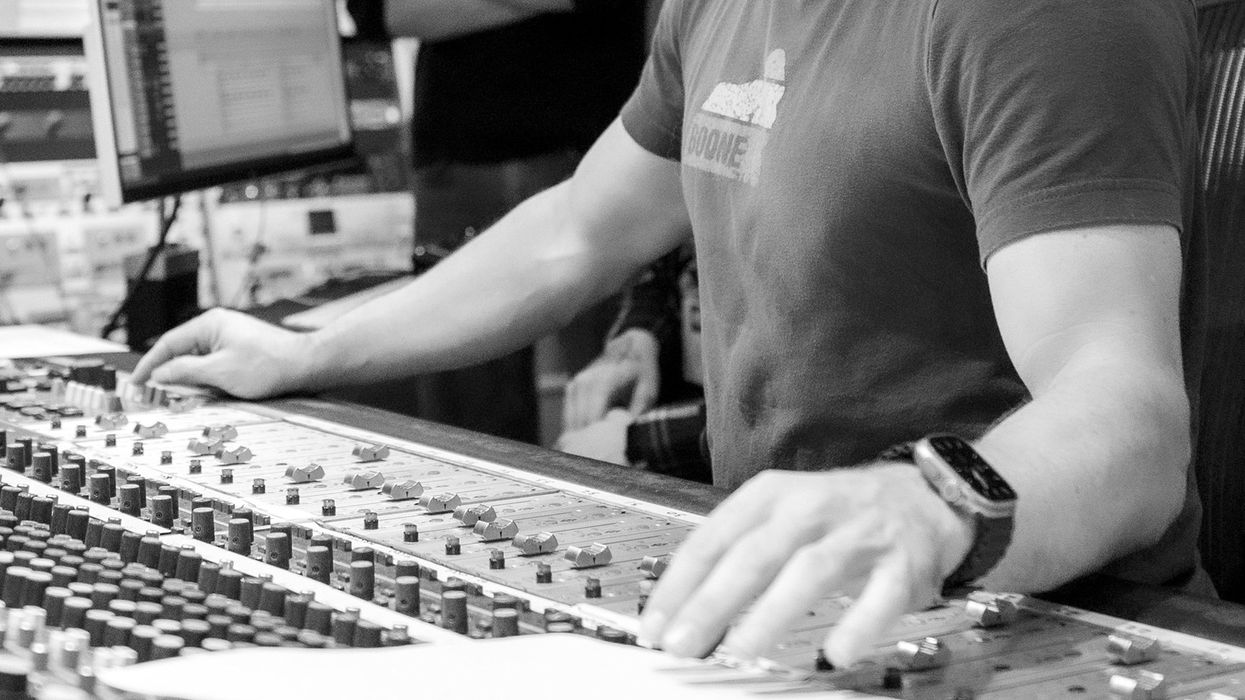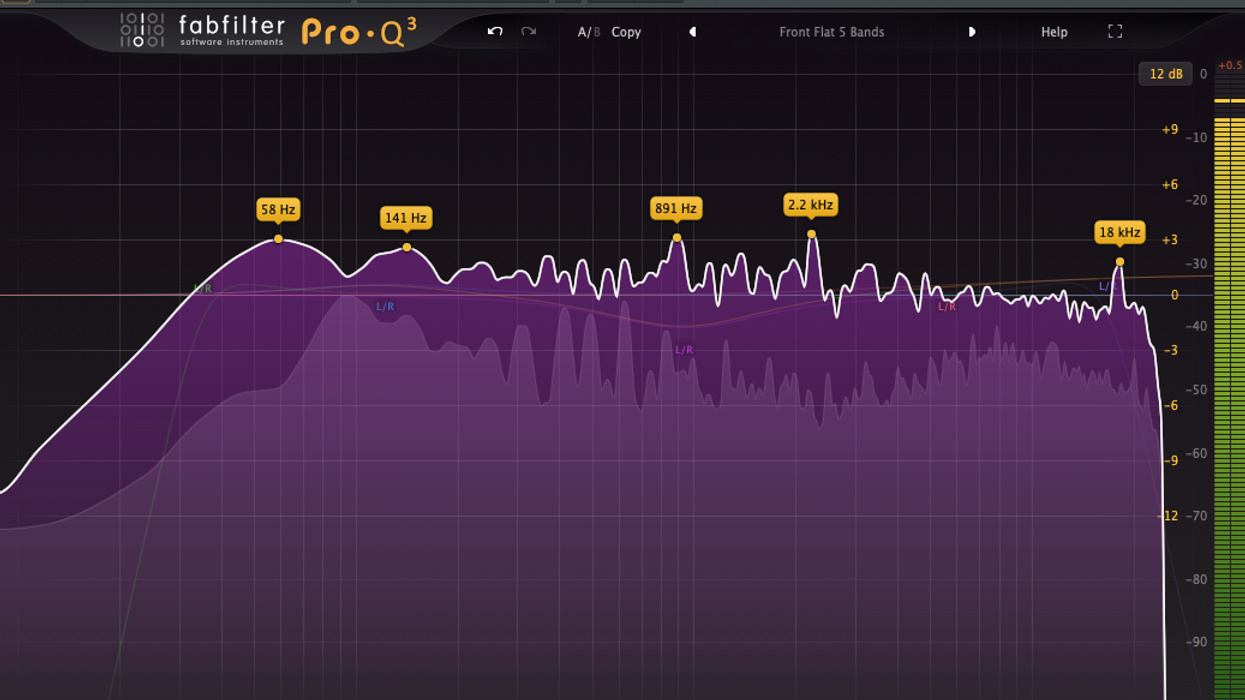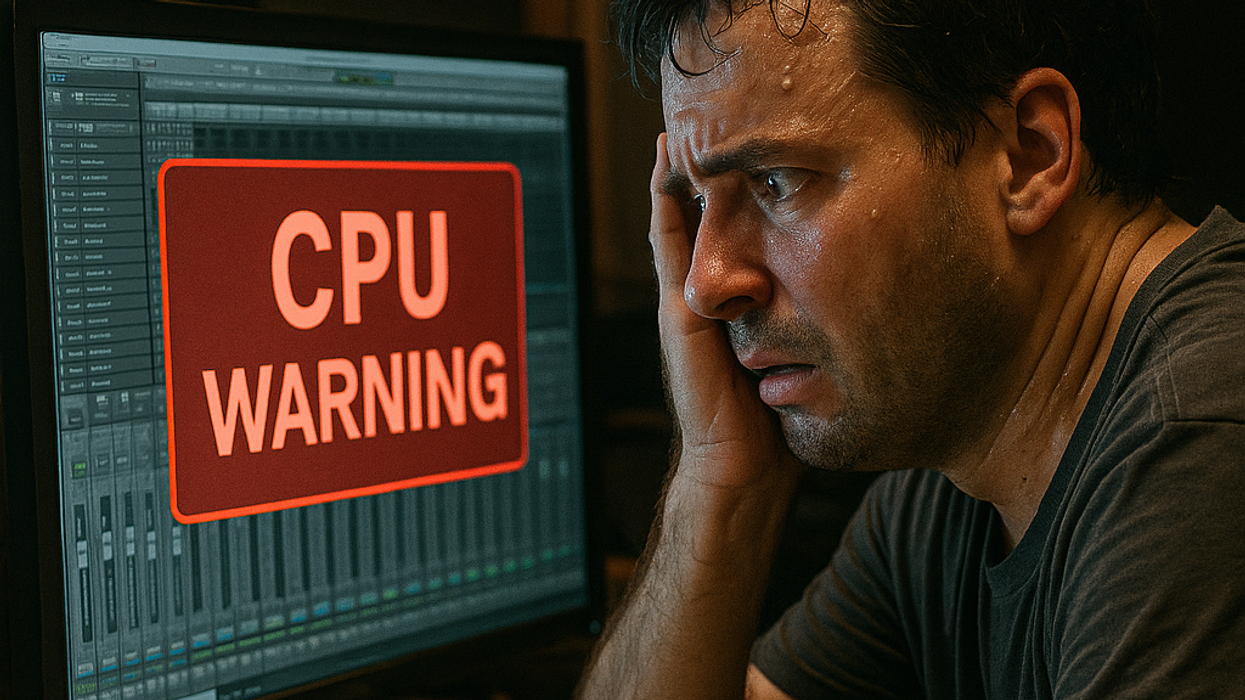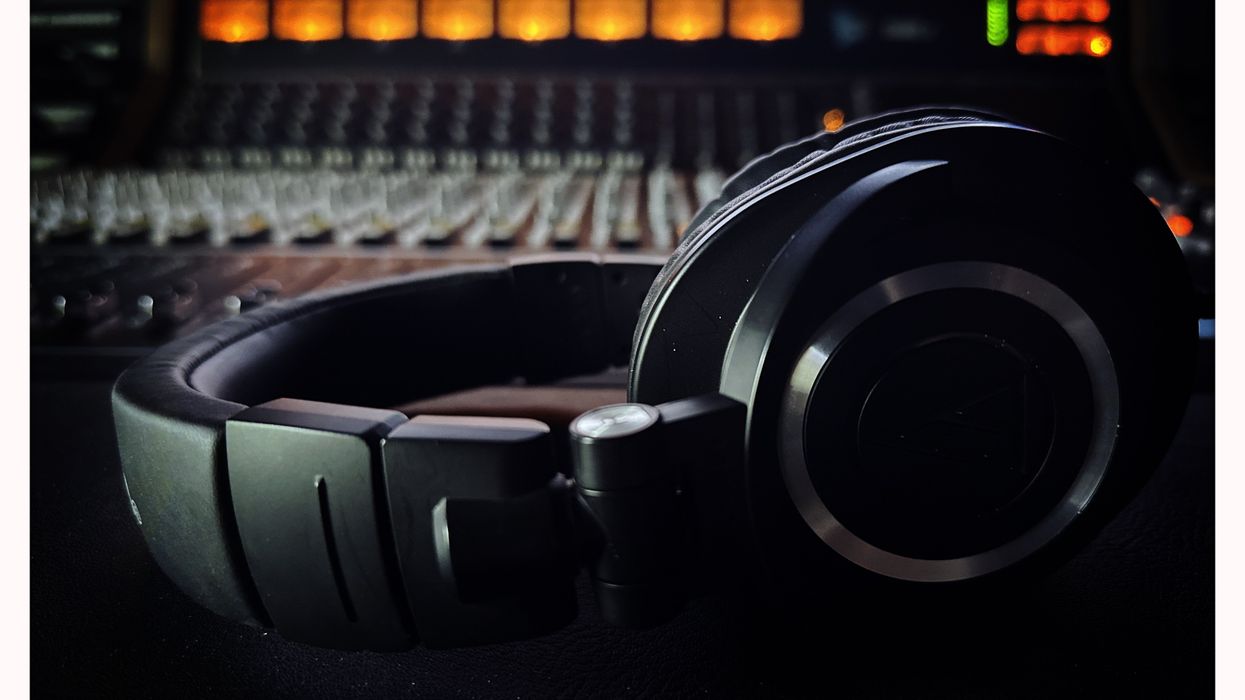Technology has always disrupted the music biz, but we’ve never seen anything like this.
AI has me deeply thinking: Is guitar (or any instrument) still valid? Are musicians still valid? I don’t think the answer is as obvious as I’d like it to be.
As a professional musician, I’ve spent the vast majority of my days immersed in the tones of tube amps, the resistance of steel strings under my fingers, and the endless pursuit of musical expression. Each day, I strive to tap into the Source, channel something new into the world (however small), and share it. Yet, lately, a new presence has entered the room—artificial intelligence. It is an interloper unlike any I’ve ever encountered. If you’re thinking that AI is something off in the “not-too-distant future,” you’re exponentially wrong. So, this month I’m going to ask that we sit and meditate on this technology, and hopefully gain some insight into how we are just beginning to use it.
AI: Friend or Foe?
In the last 12 months, I’ve heard quite a bit of AI-generated music. Algorithms can now “compose,” “perform” (with vocals of your choosing), and “produce” entire songs in minutes, with prompts as flippant as, “Write a song about__in the style of__.” AI never misses a note and can mimic the finer details of almost any genre with unnerving precision. For those who are merely curious about music, or those easily distracted by novelty, this might seem exciting … a shortcut to creating “professional” sounding music without years of practice. But for those of us who are deeply passionate about music, it raises some profound existential questions.
When you play an instrument, you engage in something deeply human. Each musician carries their life experiences into their playing. The pain of heartbreak, the joy of new beginnings, or the struggle to find a voice in an increasingly noisy and artificial online world dominated by algorithms. Sweat, tears, and callouses develop from your efforts and repetition. Your mistakes can lead to new creative vistas and shape the evolution of your style.
Emotions shape the music we create. While an algorithm can only infer and assign a “value” to the vast variety of our experience, it is ruthlessly proficient at analyzing and recording the entire corpus of human existence, and further, cataloging every known human behavioral action and response in mere fractions of a second.
Pardon the Disruption
Technology has always disrupted the music industry. The invention of musical notation provided unprecedented access to compositions. The advent of records allowed performances of music to be captured and shared. When radio brought music into every home, there was fear that no one would buy records. Television added visual spectacle, sparking fears that it would kill live performance. MIDI revolutionized music production but raised concerns about replacing human players. The internet, paired with the MP3 format, democratized music distribution, shattered traditional revenue models, and shifted power from labels to artists. Each of these innovations was met with resistance and uncertainty, but ultimately, they expanded the ways music could be created, shared, and experienced.
Every revolution in art and technology forces us to rediscover what is uniquely human about creativity. To me, though, this is different. AI isn’t a tool that requires a significant amount of human input in order to work. It’s already analyzed the minutia of all of humanity’s greatest creations—from the most esoteric to the ubiquitous, and it is wholly capable of creating entire works of art that are as commercially competitive as anything you’ve ever heard. This will force us to recalibrate our definition of art and push us to dig deeper into our personal truths.
“In an age where performed perfection is casually synthesized into existence, does our human expression still hold value? Especially if the average listener can’t tell the difference?”
Advantage: Humans
What if we don’t want to, though? In an age where performed perfection is casually synthesized into existence, does our human expression still hold value? Especially if the average listener can’t tell the difference?
Of course, the answer is still emphatically “Yes!” But caveat emptor. I believe that the value of the tool depends entirely on the way in which it is used—and this one in particular is a very, very powerful tool. We all need to read the manual and handle with care.
AI cannot replicate the experience of creating music in the moment. It cannot capture the energy of a living room jam session with friends or the adrenaline of playing a less-than-perfect set in front of a crowd who cheers because they feel your passion. It cannot replace the personal journey you take each time you push through frustration to master a riff that once seemed impossible. So, my fellow musicians, I say this: Your music is valid. Your guitar is valid. What you create with your hands and heart will always stand apart from what an algorithm can generate.
Our audience, on the other hand, is quite a different matter. And that’s the subject for next month’s Dojo. Until then, namaste.


